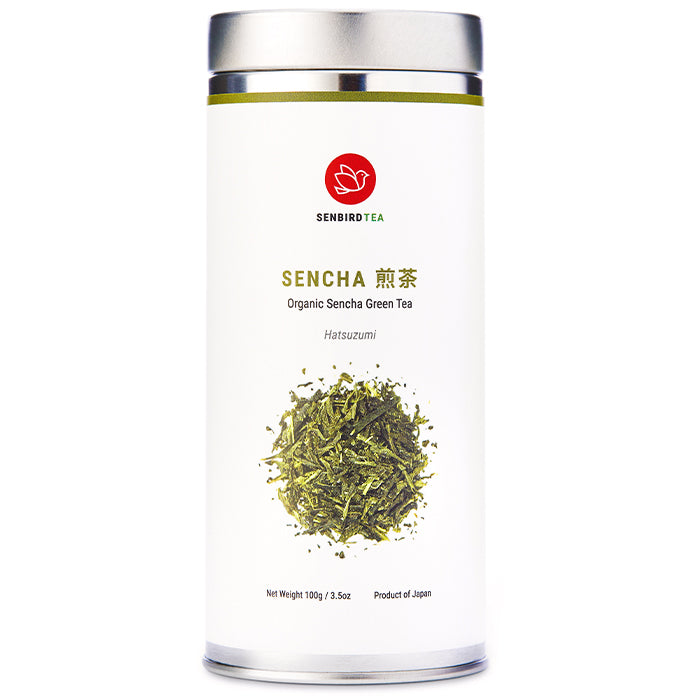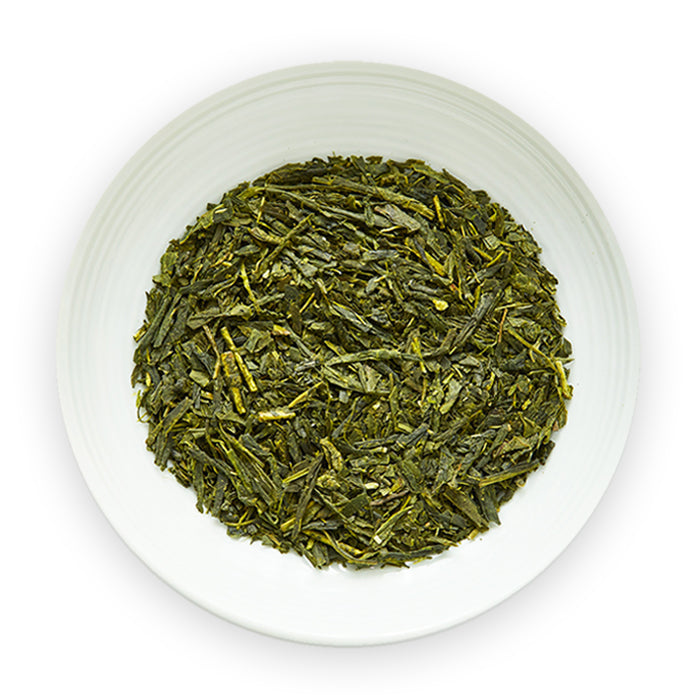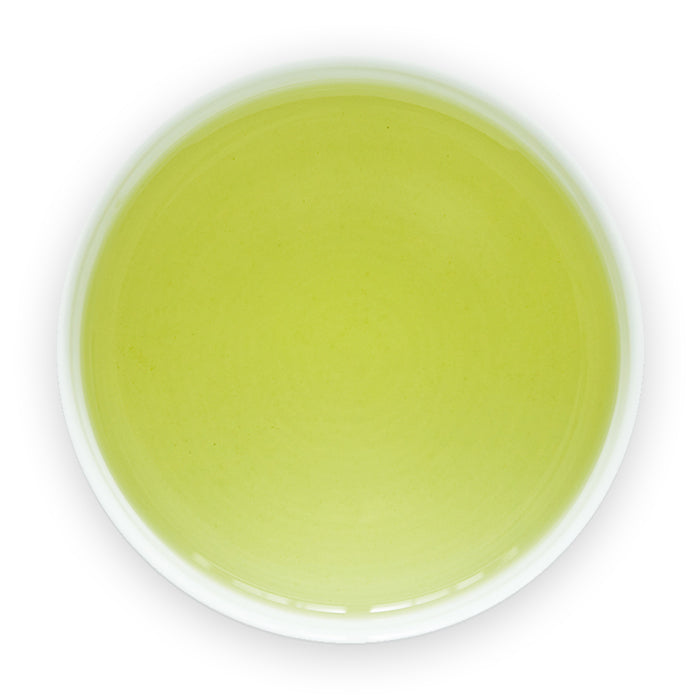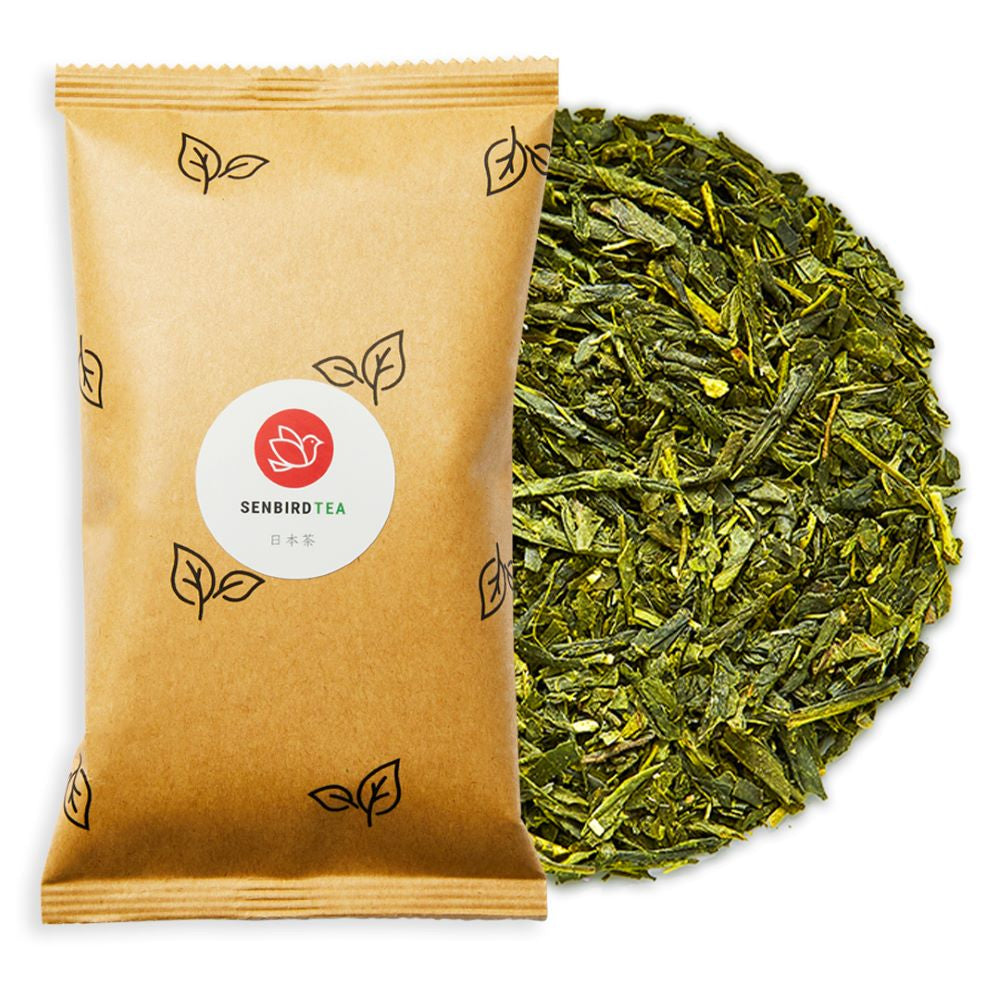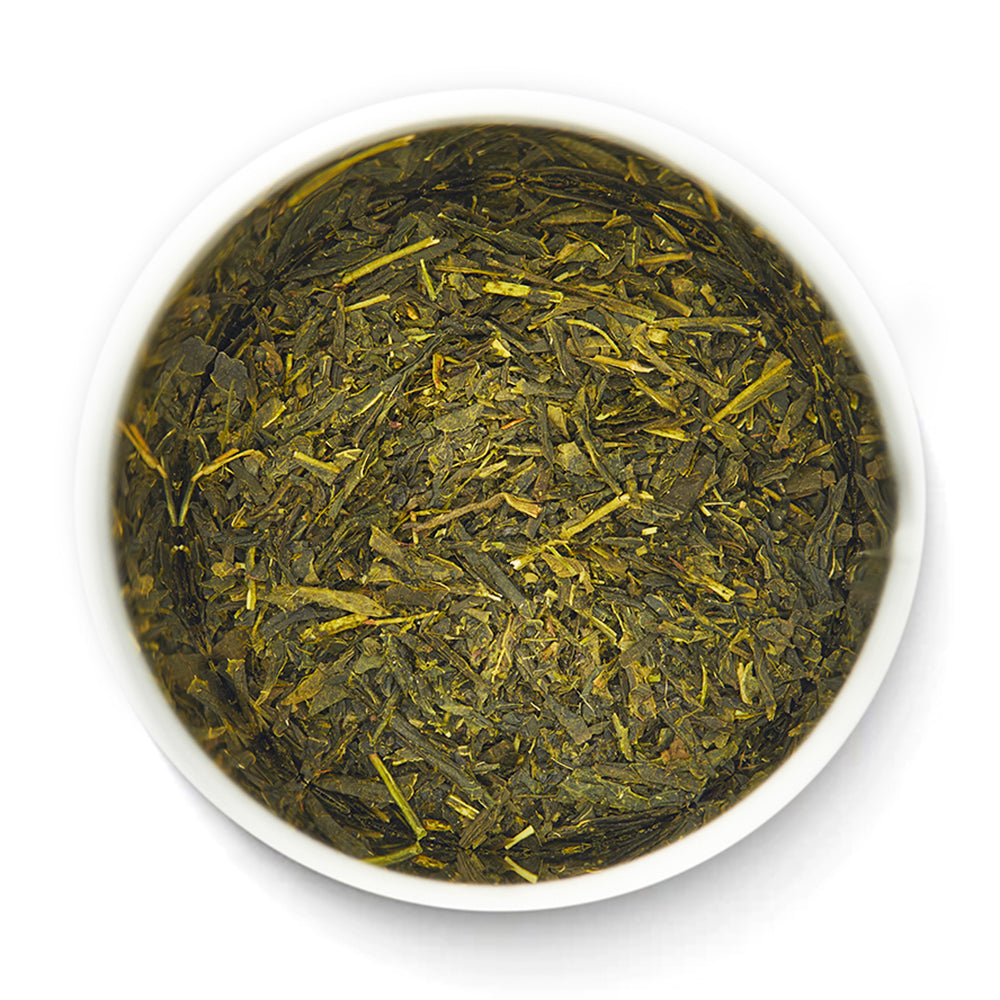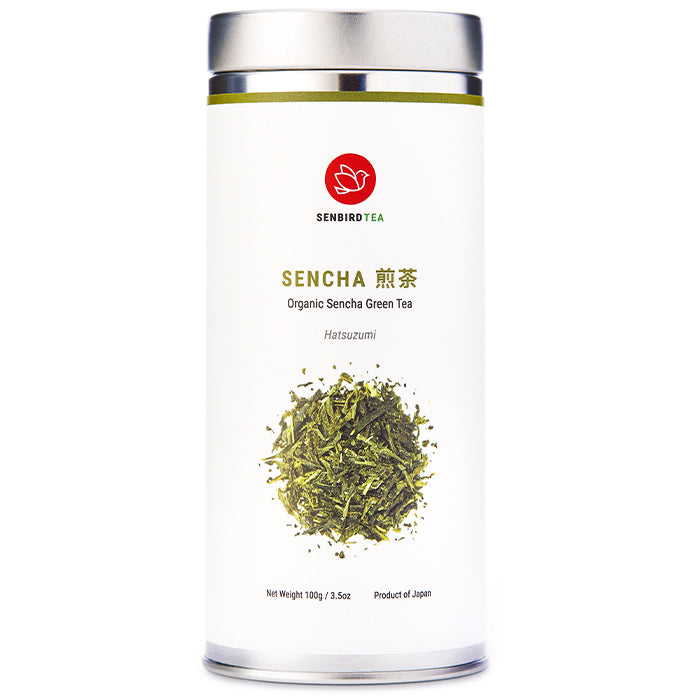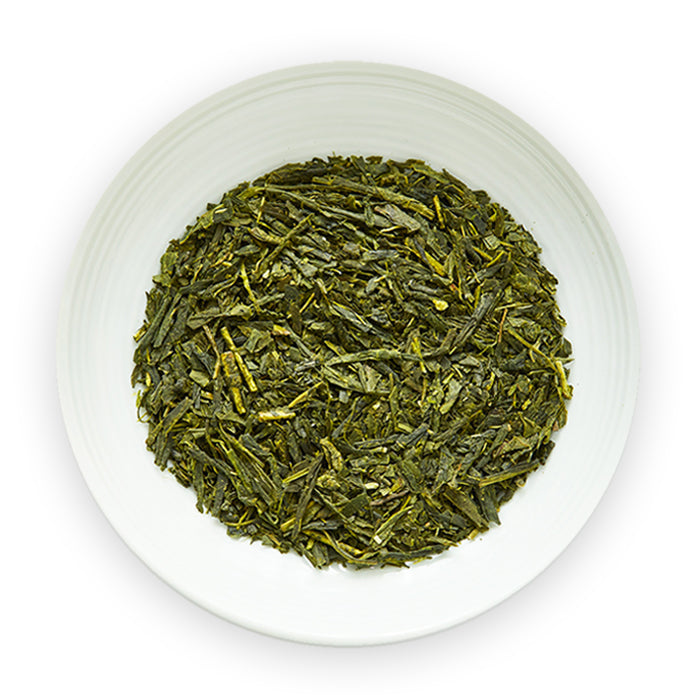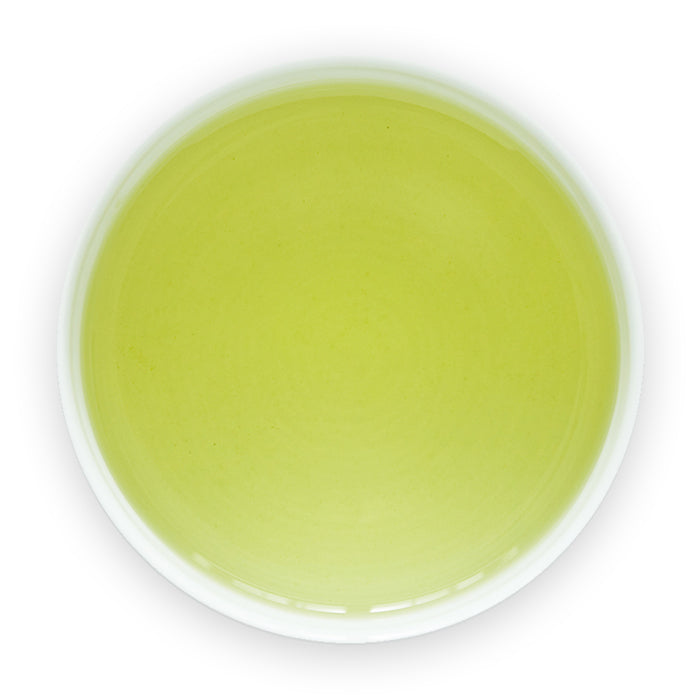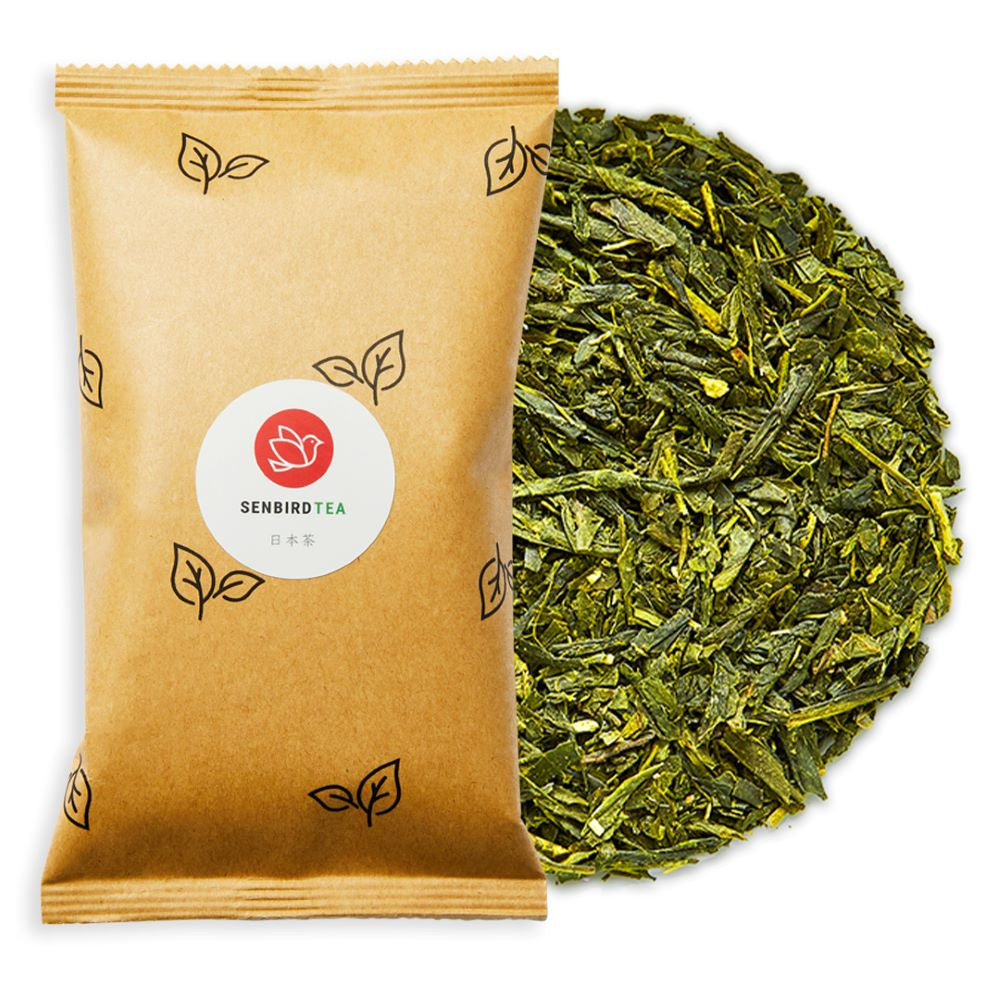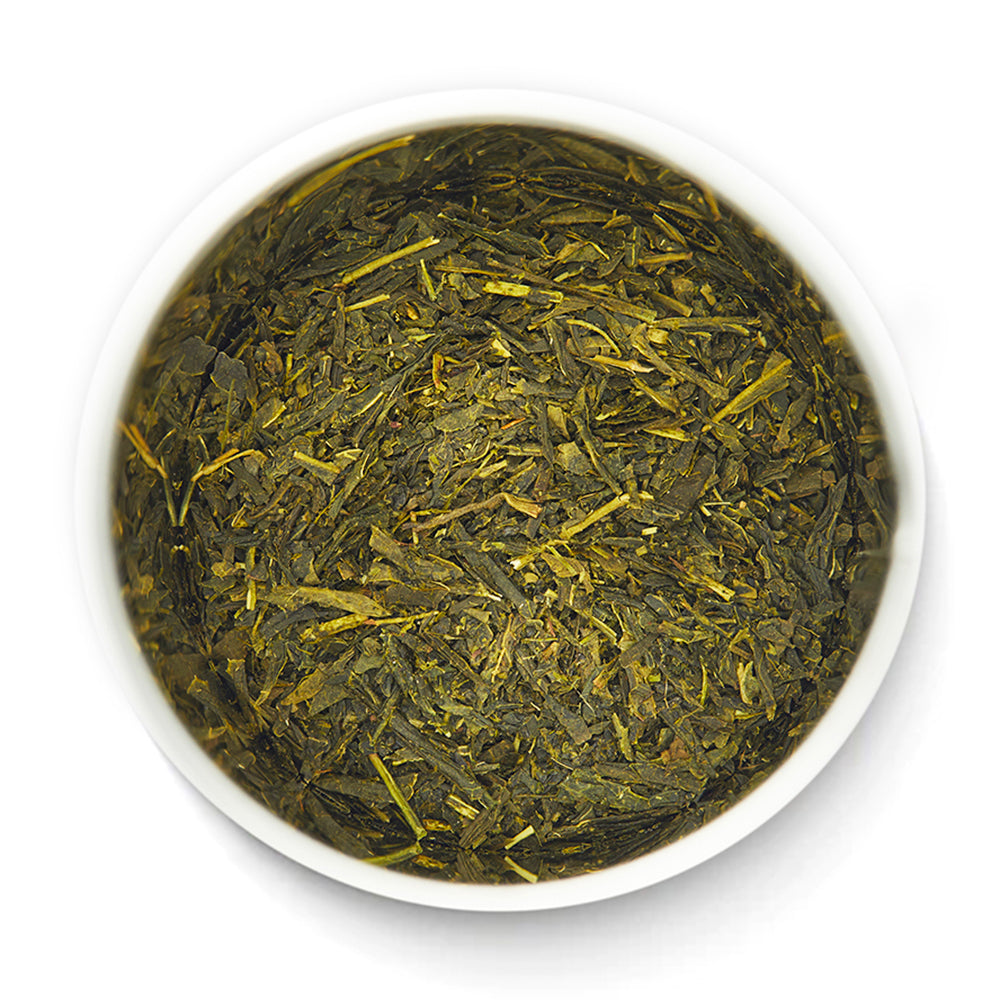
The Origin of The Name "Tea"
Have you ever wondered the origin of how the name "Tea" came to fruition? The word "Tea" is used by all English speakers, however, the word for tea is a little different depending on where you are in the world.
In this article, we're going back in tea history to walk through the origin and evolution of the name "Tea."
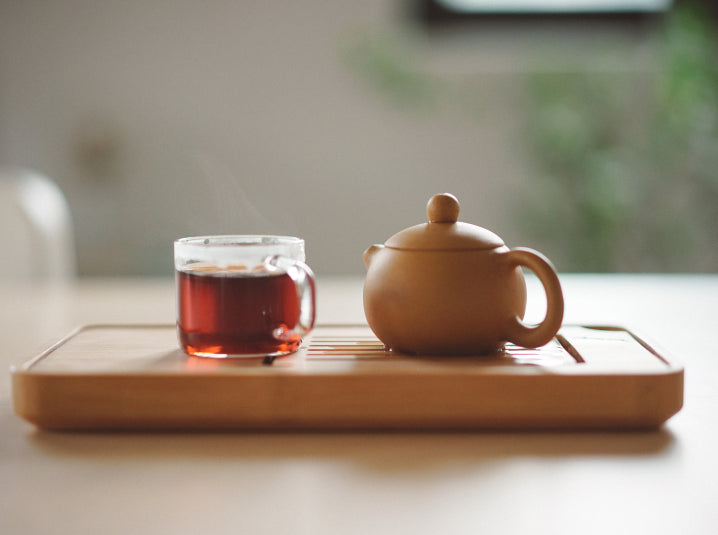
The Origin of the Name "Tea" in China
The character for "Dha" was used until the Chinese character for "tea" was established after the Middle Tang Dynasty. The Buddhist scriptures also applied the character "Dha" to the phonetic transcriptions of "Dha" (e.g., Gundari, Mandala, and Dove Vandala).
As tea spread from the Yunnan area of its origin to Sichuan and Jiangnan in the Yangtze River basin, people presumed the use of the character "Dha" for words with pronunciations such as da came into existence. Historical accounts attribute the writing of the "Tea Sutra" to Lu Yu of the Tang Dynasty, leading to the widespread adoption of using one less stroke to distinguish the word "da."
The "Tea Sutra" lists five kinds of names, including "tea," "Ka," "Setsu," "Mei," and "Sen," and uses more than 10 different characters in the book, including "tea," "mei," and "sen." Modern Chinese still uses "茗" to describe tea.

The Origin of The Name "Tea" in Various Languages
The origins of the name "tea" in the world are of the "cha" and "teh" lineage.In Northern Chinese and Cantonese, people call tea "cha" (cha). In Mongolian, Uyghur, Hindi, Turkish, Persian, Russian, and other languages, they use a sound similar to "chai," which is believed to have originated from China, but it is unclear how the "y" was added. The Persian and Hindi dictionaries list both chā and chāi entries in the Persian and Hindi dictionaries.
Examples of languages with names derived from "chā" include the following:
- Chinese: chá
- Tibetan: cha
- Japanese: cha
- Korean: 차 (cha)
- Vietnamese: trà
- Thai: ชา (chaa)
- Tagalog: tsa
- Mongolian: цай (tsai)
- Hindi: चाय (cāe)
- Persian: چای (chāy)
- Turkish: çay
- Arabic: شاي (shāy)
- Swahili: chai
- Greek: τσάι (tsai)
- Romanian: ceai
- Bulgarian: чай (chai)
- Serbian: чај (čaj)
- Czech: čaj
- Russian: чай (chai)
In contrast, many Western European countries use the tê system of pronunciation. The Dutch spread it to Europe, bringing tea from China in the 17th century. According to Chen Shun-sin, the Thirteen Groups of Cantonese, the patent traders of Gwangju who were allowed to trade from the mid-Qing dynasty, many of them were from Xiamen, Fujian, and they called themselves tê in their own mother tongue, but they usually entered Malay from Fujian, and Dutch is thought to have borrowed from Malay.
Languages in this family include:
- Dutch: thee
- English: tea
- German: Tee
- Hungarian: tea
- Hebrew: תה [te]
- French: thé
- Spanish: té
- Italian: tè
- Scandinavian: te
- Finnish: tee
- Indonesian and Malay, teh (because of the history of Indonesia as a trading center for the Netherlands).
- Sinhala, the language of Sri Lanka, uses [tē] for Ceylon tea, while Tamil uses தேநரர் [tēnīr] (from how the British introduced tea cultivation to the country).
- Portugal used to import tea directly from Macao, in Guangdong province, so it is exceptionally called chá in the West, following the name in Guangdong (it is pronounced "sha" in today's Portuguese, but was once pronounced "cha").
The Origin of the Name "Tea" in Japan
The Japanese tea sounds are the Wu sound "da", the Han sound "ta" and the Tang sound "sa". During the period between the Han and Tang dynasties, people find the sound "cha" in the "Colored Leaf Script Book" of the Insei period.
In ancient times, "Chi-tsu" did not break the sound, but people wrote it as "cha" and pronounced it as "tae-ya". In Korean, there are also two Chinese character sounds, "ta" and "cha", but people use "cha" when referring only to tea, a plant, or beverage. We hope you learned something about the origin of the name, "Tea."
If you want to read more articles on tea culture, check them out here:
- Where Tea Originated: A Brief History of Tea in China, Japan and the West
- How to Meditate with Tea
- How to Practice Mindfulness with Tea
- A Green Tea Lover's Paradise: Shizuoka, Japan
- Shizuoka's Secret: The Best Green Tea in Japan
- 3 Traditional Japanese Tea Houses To Visit in Kyoto
- The Best Gift Guide for Japanese Tea Lovers
- Ultimate Guide to Japanese Green Tea








